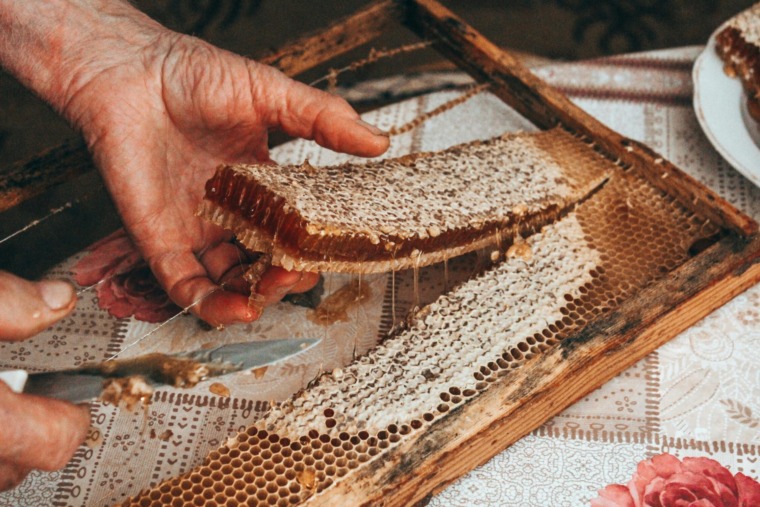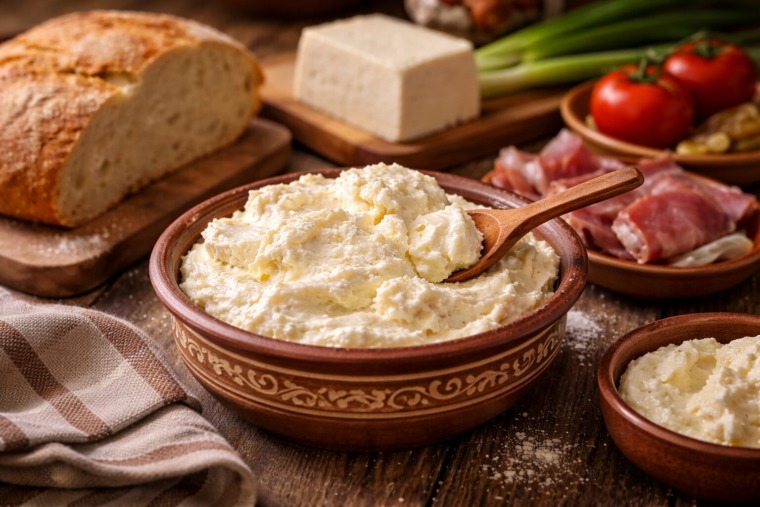
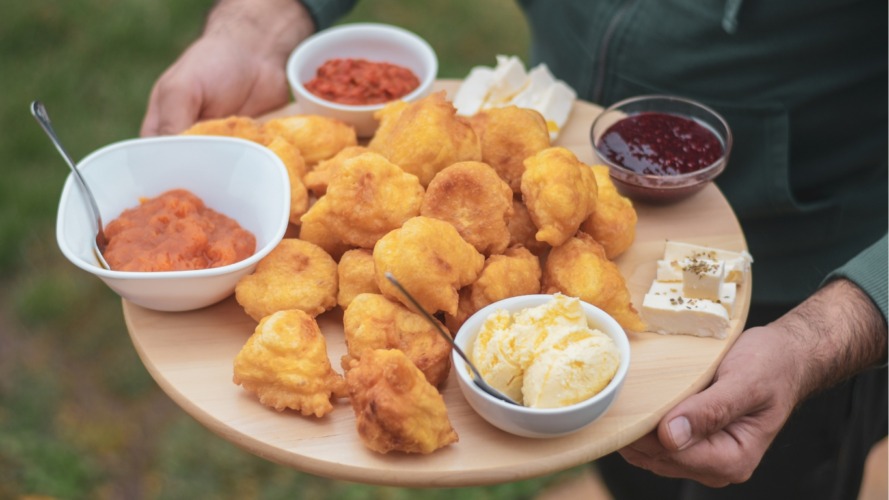
Uštipci hold a special place in Serbian gastronomy — these golden, fluffy balls of dough smell like home, childhood, and cozy winter mornings. While often compared to doughnuts, uštipci have their own distinct character, tradition, and preparation method that make them a true symbol of Serbian culinary heritage.
From Hearth to Modern Tables: A Short History
For centuries, uštipci have been made in villages across Serbia, especially during the cold winter months when families would gather around the hearth. Made from simple ingredients — flour, water, yeast, and salt — they were a quick and filling meal after a long day in the fields or during festive gatherings. Over time, what began as a humble peasant dish became a beloved delicacy enjoyed in both rural and urban homes.
How Traditional Uštipci Are Made
The basic dough is made with flour, yeast (or baking powder), lukewarm water or milk, a pinch of salt, and optionally a bit of sugar. The batter is mixed until smooth and soft, then spoonfuls are dropped into hot oil.
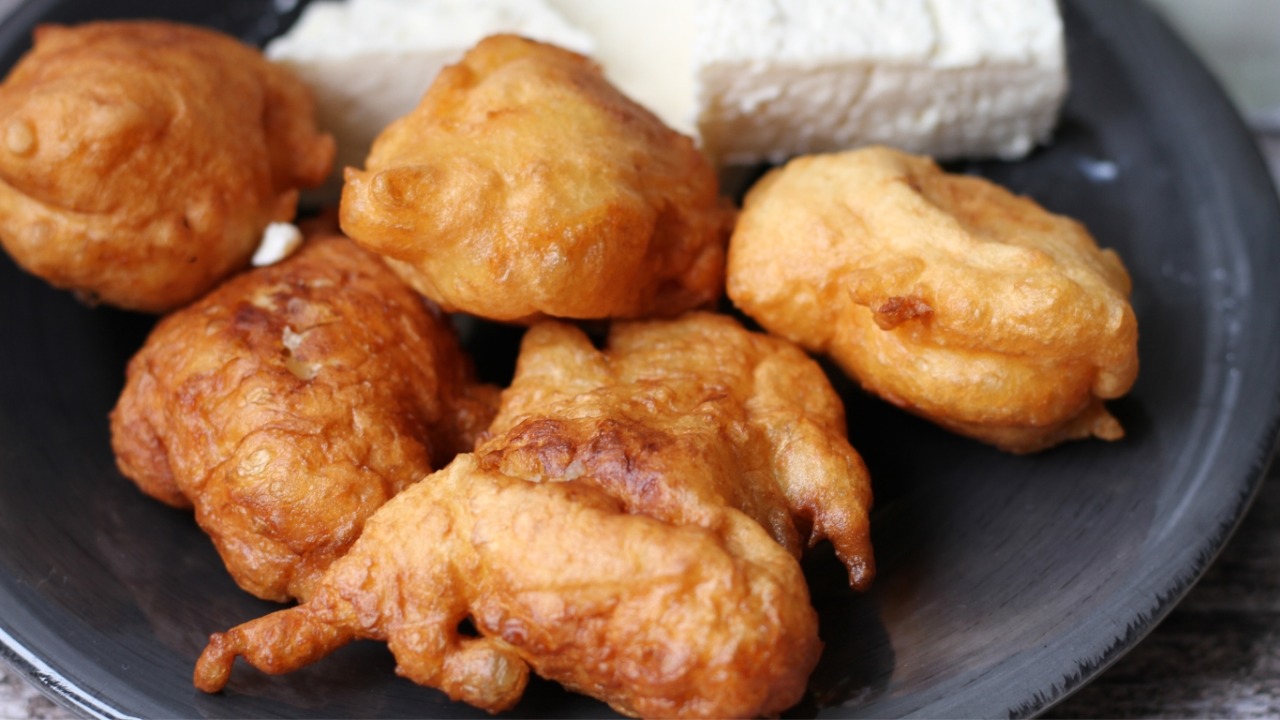
As they fry, the dough puffs up into light, airy balls with a crispy golden crust and a soft inside — perfect for both sweet and savory pairings. In some regions, yogurt, eggs, or cheese are added to make the dough richer and more flavorful.
👉 Fun fact: In the past, people often fried uštipci in pork fat, which gave them a distinct aroma. Nowadays, oil is more common, but many still swear by the traditional flavor of those made in lard.
Serving Ideas: Sweet and Savory
Uštipci are incredibly versatile and can be enjoyed for breakfast, as a snack, dessert, or a side dish.
- Savory uštipci are typically served with cheese, ajvar, kajmak (a creamy dairy spread), prosciutto, cured meats, or sour milk.
- Sweet versions are topped with powdered sugar, plum jam, honey, or even chocolate spreads.
During wintertime and holidays, they often appear on festive tables, paired with hot tea or mulled wine.
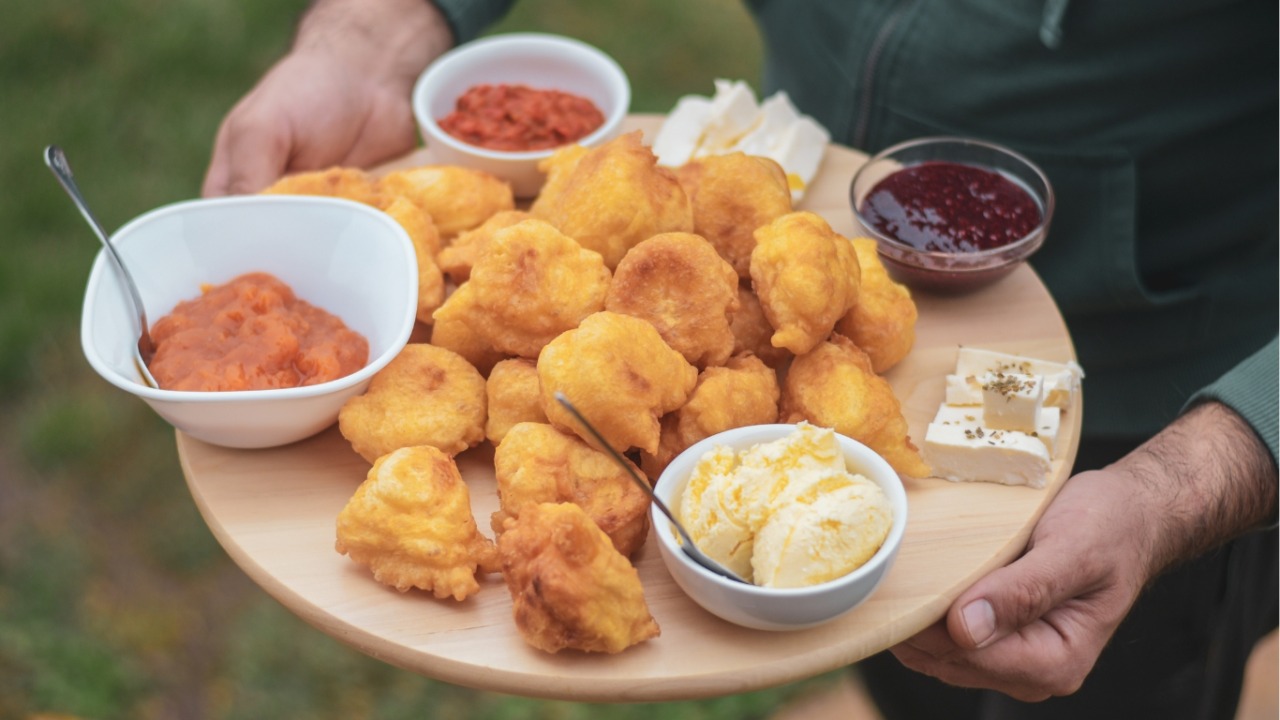
A Winter Classic Enjoyed All Year Round
Although traditionally linked to winter and family gatherings, uštipci are prepared year-round today. Their simplicity and flexibility make them a favorite for weekend breakfasts in the countryside or as a quick treat for children after school.
Why We Love Them
Uštipci are more than just food — they’re a symbol of warmth and togetherness. Their smell evokes memories of grandmothers’ kitchens, snowy days, and the sizzling sound of hot oil in a heavy pan.
Simple yet comforting, they bring generations together and remain one of those timeless dishes that never fade from family traditions.




